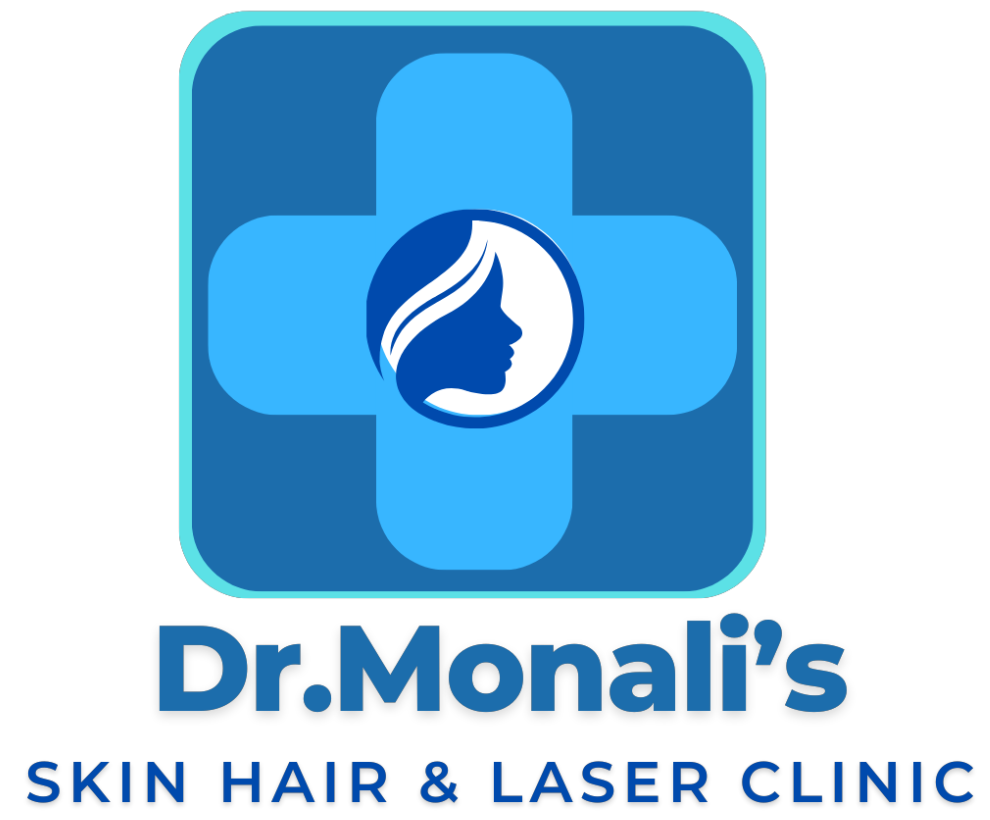
What Causes Enzema?
Eczema, also known as atopic dermatitis, is a chronic skin condition that results from a combination of genetic and environmental factors. Individuals with a family history of eczema, asthma, or allergies are more likely to develop the condition, suggesting a strong genetic link. A mutation in the filaggrin gene, which helps maintain the skin’s protective barrier, can lead to increased moisture loss and vulnerability to irritants.
BENEFITS OF ENZEMA TREATMENTS

FAQs
There’s no single “best” treatment for everyone. Effective management usually includes moisturizers (emollients), topical steroids, and avoiding known triggers. Treatment plans are personalized based on the severity and type of eczema.
Yes, especially if over-the-counter products don’t work, or if symptoms worsen. A doctor or dermatologist can help confirm the diagnosis and recommend prescription treatments if needed.
Moisturizers: Used daily to keep the skin hydrated (e.g., Cetaphil, Eucerin, Aquaphor).
Topical corticosteroids: Reduce inflammation during flare-ups (e.g., hydrocortisone, betamethasone).
Non-steroidal creams: For sensitive areas or long-term use (e.g., tacrolimus, pimecrolimus).
Some people find relief using oatmeal baths, coconut oil, aloe vera, or sunflower oil, but these should be used cautiously and not as a replacement for medical treatment.
Apply moisturizer at least twice a day, and immediately after bathing to lock in moisture.



